The team that makes up Sustainable Princeton is dedicated to turning Princeton, NJ, into a model of ecological consideration and sustainable practices. They produce educational materials, meticulously researched policy proposals, and connect interested citizens to resources across the city. Sustainable Princeton works with businesses, residents, and local government to protect their ecosystem and build a more resilient city.
Our vision is for Princeton to serve as a model town that evaluates every action through the lens of sustainability, ensuring a healthy environment, a strong economy, and the well-being of all community members, now and in the future. - Sustainable Princeton
Background
In 2012, a group of Princeton locals became activists, founding Sustainable Princeton to educate their neighbors and advocate for change in their town. In the years since, Sustainable Princeton and its supporters have become a trusted authority on sustainability living in Princeton. In 2019, Sustainable Princeton worked alongside residents, businesses and the local government to create a town Climate Action Plan that serves as a community roadmap to reducing greenhouse gas emissions.
On their website, Sustainable Princeton has resources to help everyday people in Princeton take action. There are explainers and resources on installing solar panels, evaluating your carbon footprint, and picking between native and invasive plants for your yard. The organization has encouraged Princeton residents to rethink how they upgrade their homes, get around town, buy their food, and clear their yards.
If it sounds like they’re taking on a lot, that’s because they are. Sustainable Princeton is trying to build a more resilient city overall, so that its community will be able to weather the impacts of climate change in the years to come.

Challenges before switching to Zeffy
Trying to shift both political and popular culture on so many fronts takes a lot of time and a lot of effort from a lot of very passionate people. It also takes a lot of funds to update infrastructure, publish educational materials, and stay in contact with local representatives.
Sustainable Princeton tried using PayPal, Eventbrite, and Kindful to collect the funds they needed, but they found all three platforms wanting. For one thing, all three platforms came with excessive fees. For another, they simply weren’t worth the charges. With the fees they were paying for access to their funds, Becca Goldman, Operational Coordinator, expected more.
“We were paying a significant portion of what we raised for a platform that had constant glitches and was often difficult to work with,” Becca says.
The backend of all three programs was clunky, and customer support was difficult to contact. These two factors together were regularly frustrating for Sustainable Princeton staff, and then there were the constant glitches.
“Our previous software had a reporting feature that, in theory, would help us segment our donors, but the reports often contained incorrect information,” Becca says.
Records of who gave how much and when could be wrong, which severely impacted donor management. Becca would have to dig through every record “line-by-line” to make sure her supposed automated system was catching all the information it was supposed to catch.
Sometimes those glitches led to ticketing issues. For every ticketed event, Becca would get multiple phone calls and emails from people who couldn’t finalize a ticket purchase.
“I have to imagine others gave up without bothering to reach out. I always wondered how many people were dissuaded by a difficult purchase process,” Becca says.
The designs available for campaigns also weren’t up to Sustainable Princeton’s standards. The platforms limited their aesthetic choices for donation forms. Every single one looked the same, and font choices and page design weren’t flexible enough. “And the forms didn't have responsive web design, so they were both ugly and hard to view on phone screens,” Becca says.
The 100% free solution
Thankfully, the Sustainable Princeton team had contacts in other organizations who had faced and moved past these same problems. The Arts Council of Princeton suggested Zeffy, and Sustainable Princeton gave it a try for their next event.
“After hearing about how well Zeffy works from The Arts Council of Princeton, we tried it out for an event,” Becca says. “It was so easy to use and worked just how we hoped, plus it was FREE!”
Elana admits they needed some convincing.
“We had some reservations about trying Zeffy,” she says. “How could something free be better than a CRM that costs thousands of dollars? The Arts Council of Princeton had no complaints, though, and their donation and ticket pages looked great and were easy to use. Once we gave Zeffy a try, it was an easy choice!”
Features used

Donations
Offer your website visitors an efficient and intuitive way to give to your cause.

Peer-to-peer campaigns
Make it easy for your community to participate in your fundraising efforts.

Ticketing
Sell more tickets for your next fundraising event with frictionless ticketing forms.

eCommerce
Diversify your fundraising by opening on online store for your nonprofit.

Raffles & Lotteries
Easily launch a raffle with our numbered ticketing options.

Auction
Diversify your fundraising by inviting your donors to bid on items.

Memberships
Make it easy for your supporters to register as a member to your cause.

Donor management
Diversify your fundraising by inviting your donEngage with the right donors at the right time with seamless donor management.ors to bid on items.
Results
Not only did Zeffy give Sustainable Princeton access to their funds flexibly and for free, but it also immediately cut huge line items out of their budget.
“Beyond the thousands of dollars we save by not subscribing to our old platform, we have saved over $1,000 in fees alone, equivalent to the approximate cost of building two downspout planters, which mitigate flooding and add native plants to the ecosystem,” Elana says.
This new margin lets Sustainable Princeton take tangible action. The downspout planters are large box planters like raised garden beds that users connect to gutters. When it rains, those gutters cycle the rainfall through the planters, acting more like natural ground than concrete, helping filter water and keep water systems from overloading and flooding communities. These planters can even add native plants back to the ecosystem, improving the quality of life for all Princeton residents. With Zeffy, they can collect funds for even more green interventions, without losing a dollar to fees or costly overhead.
“Zeffy has saved us thousands of dollars and has been easy to use!” Becca says.
These are just one example of the many ways Sustainable Princeton is changing its community. Take a look at their latest fundraiser with Zeffy for more!




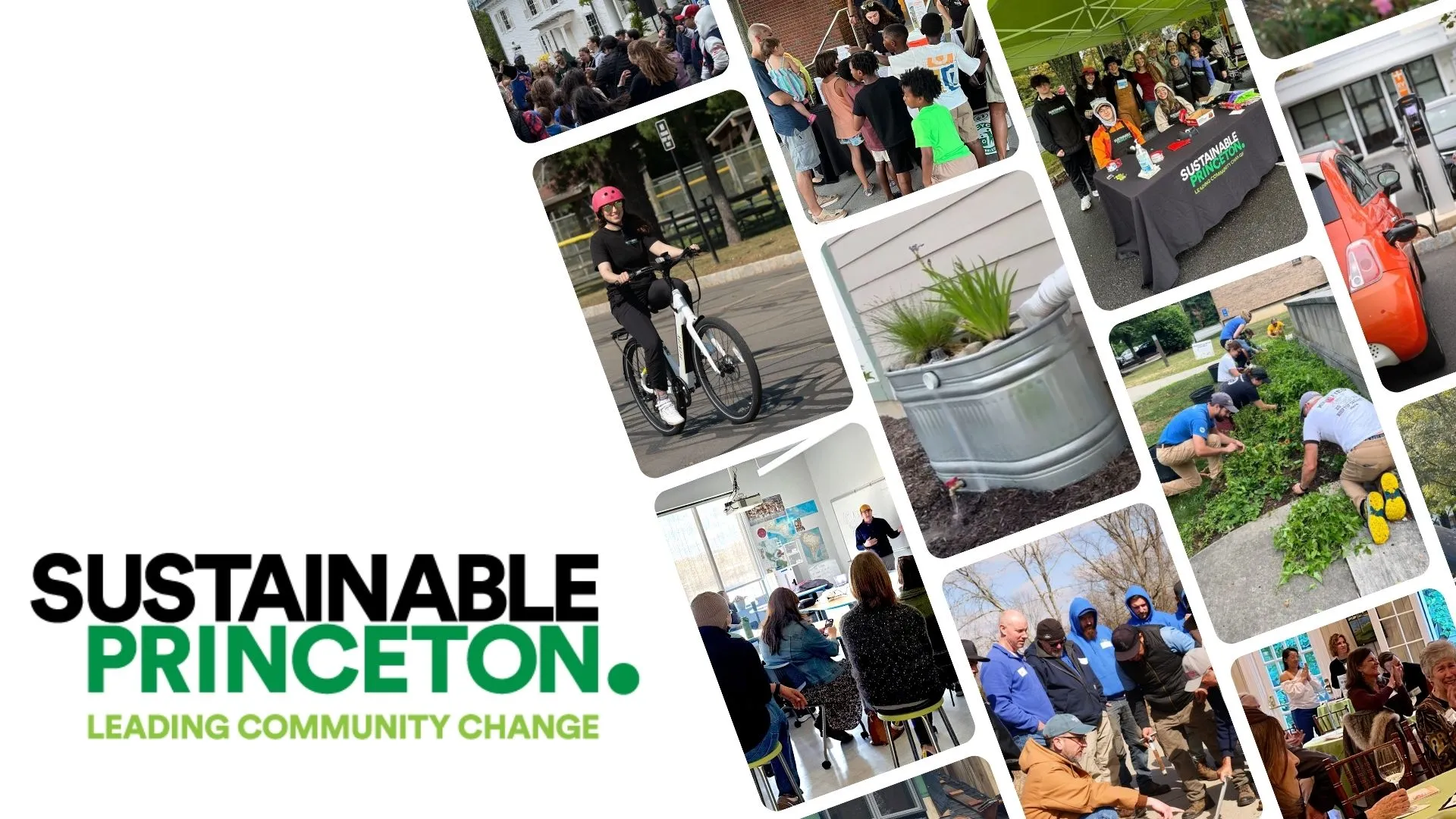


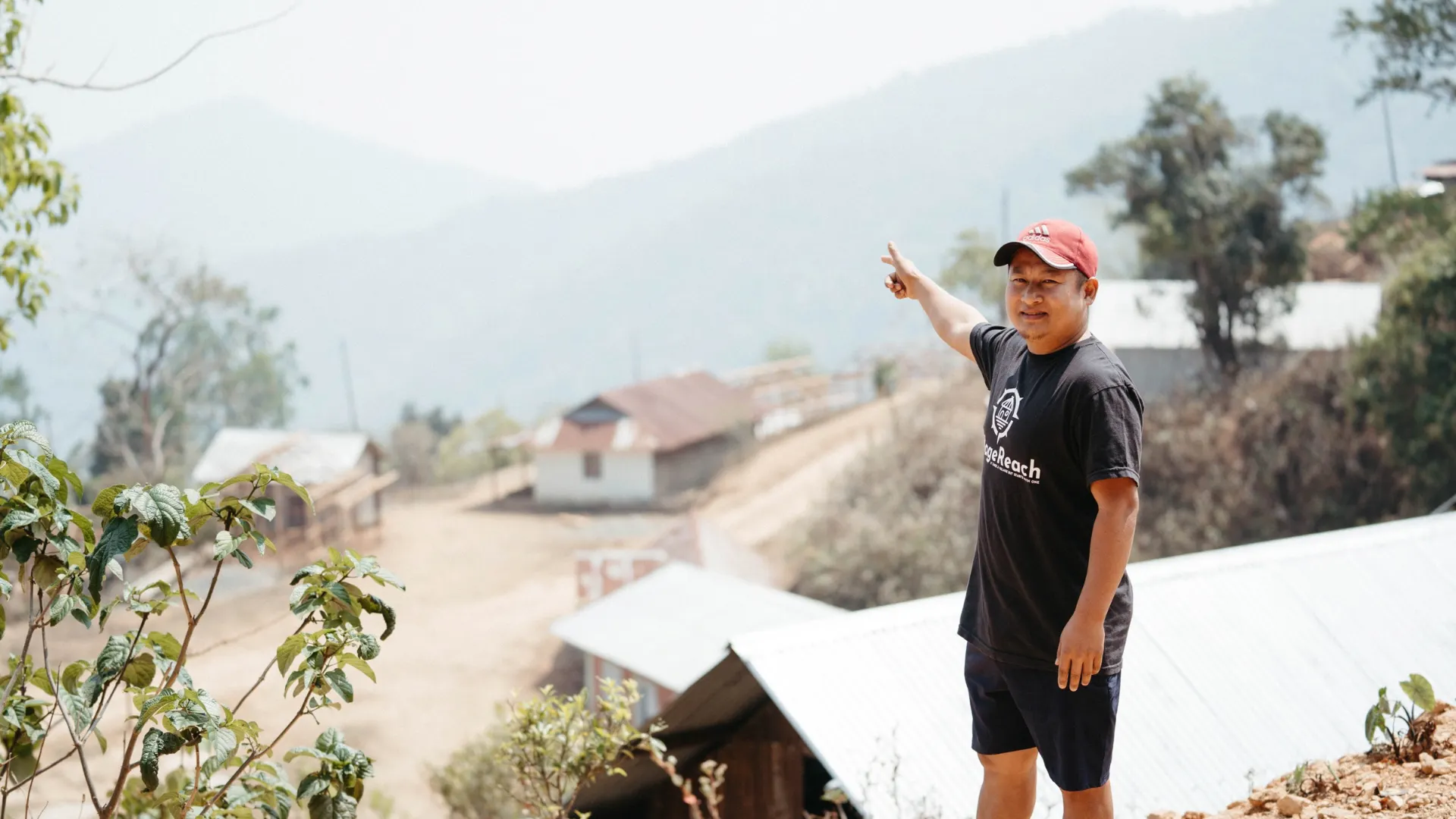
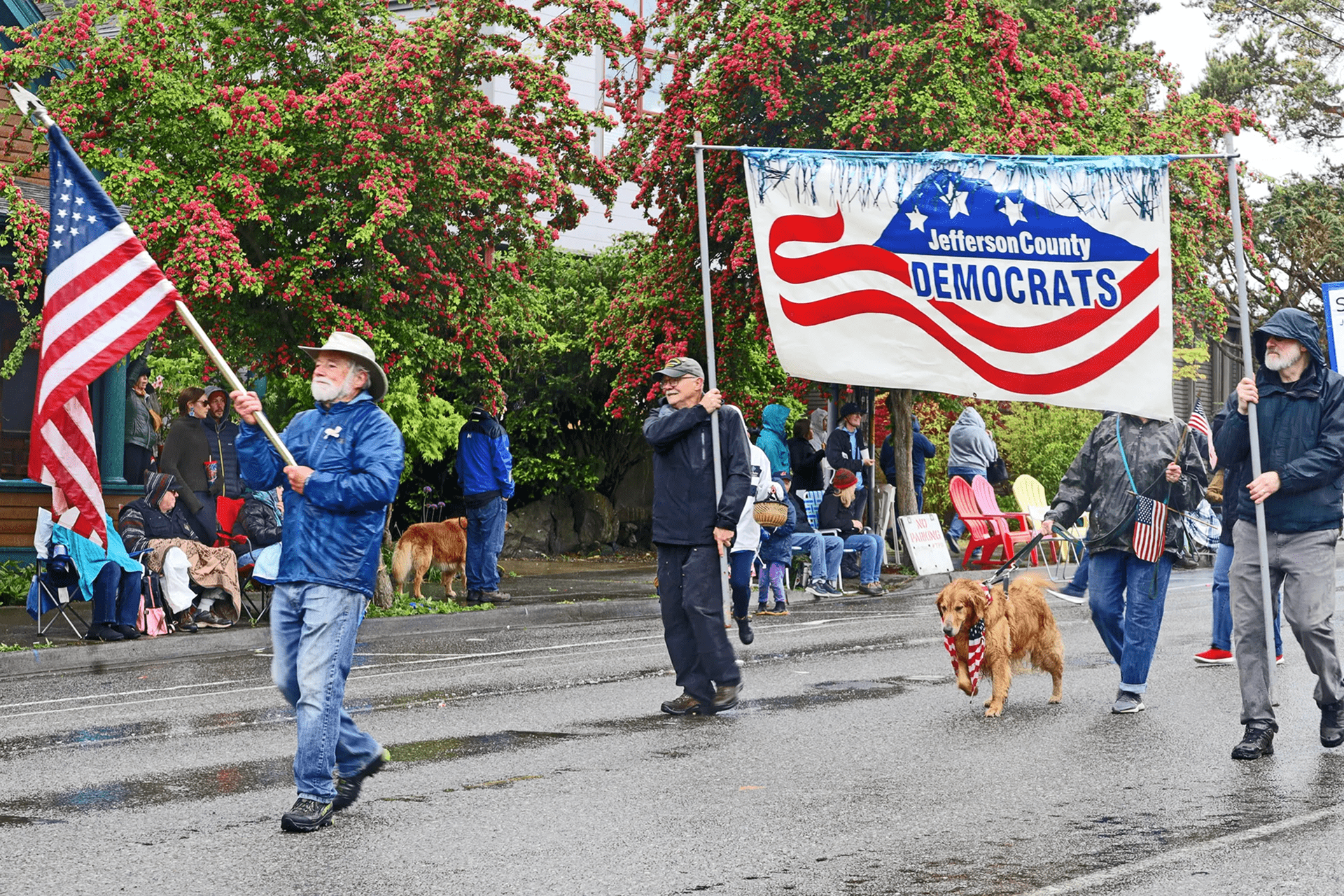
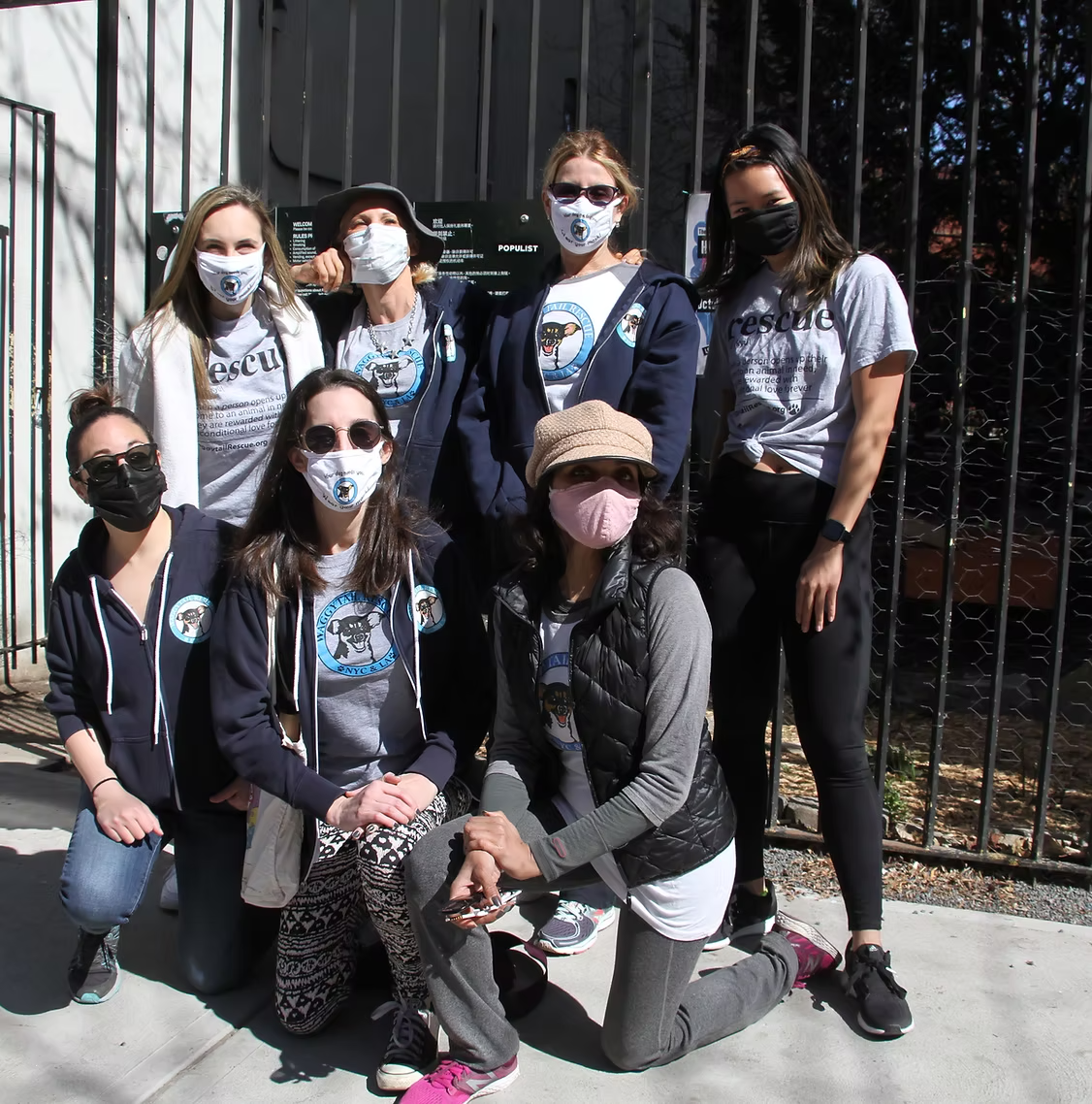
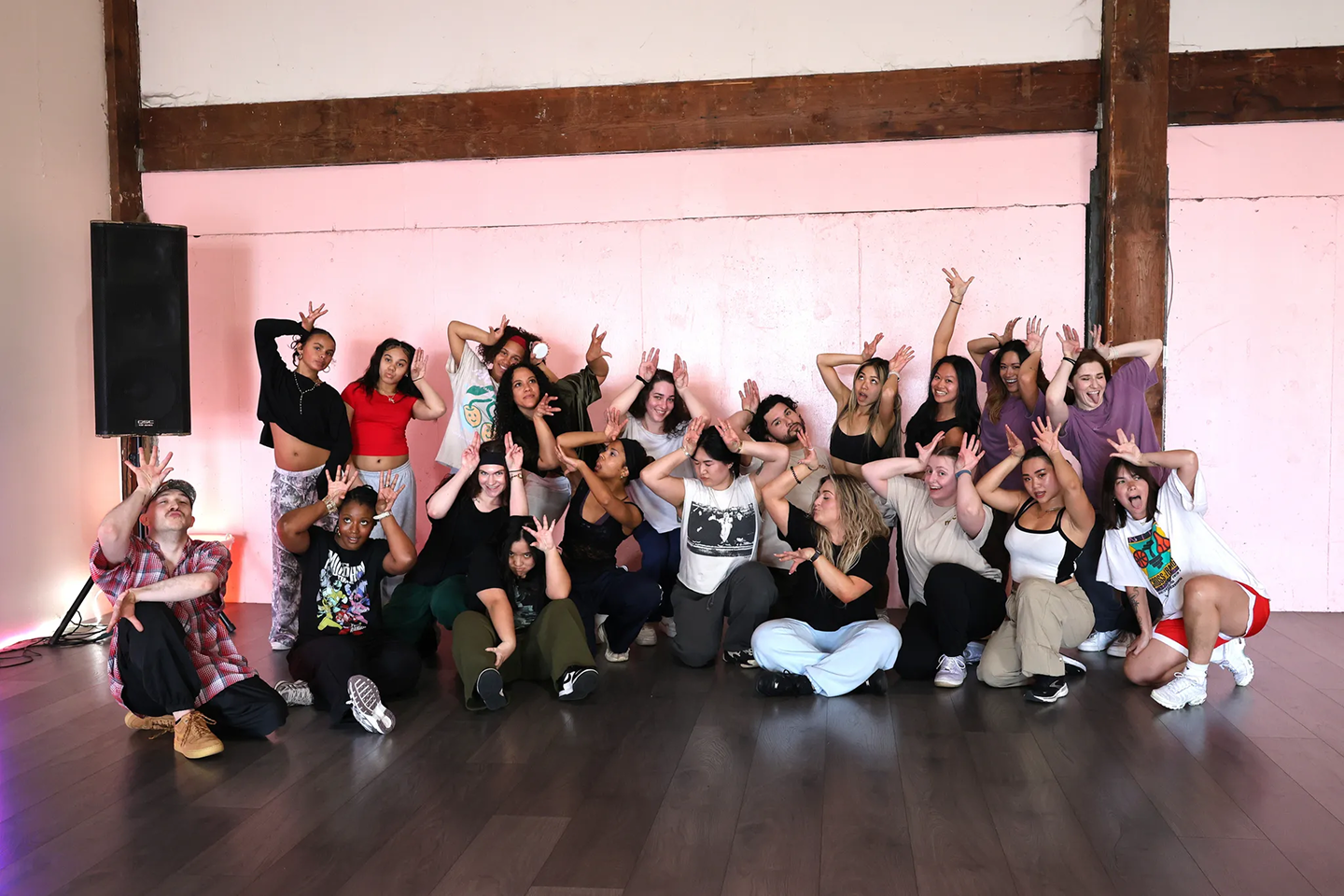
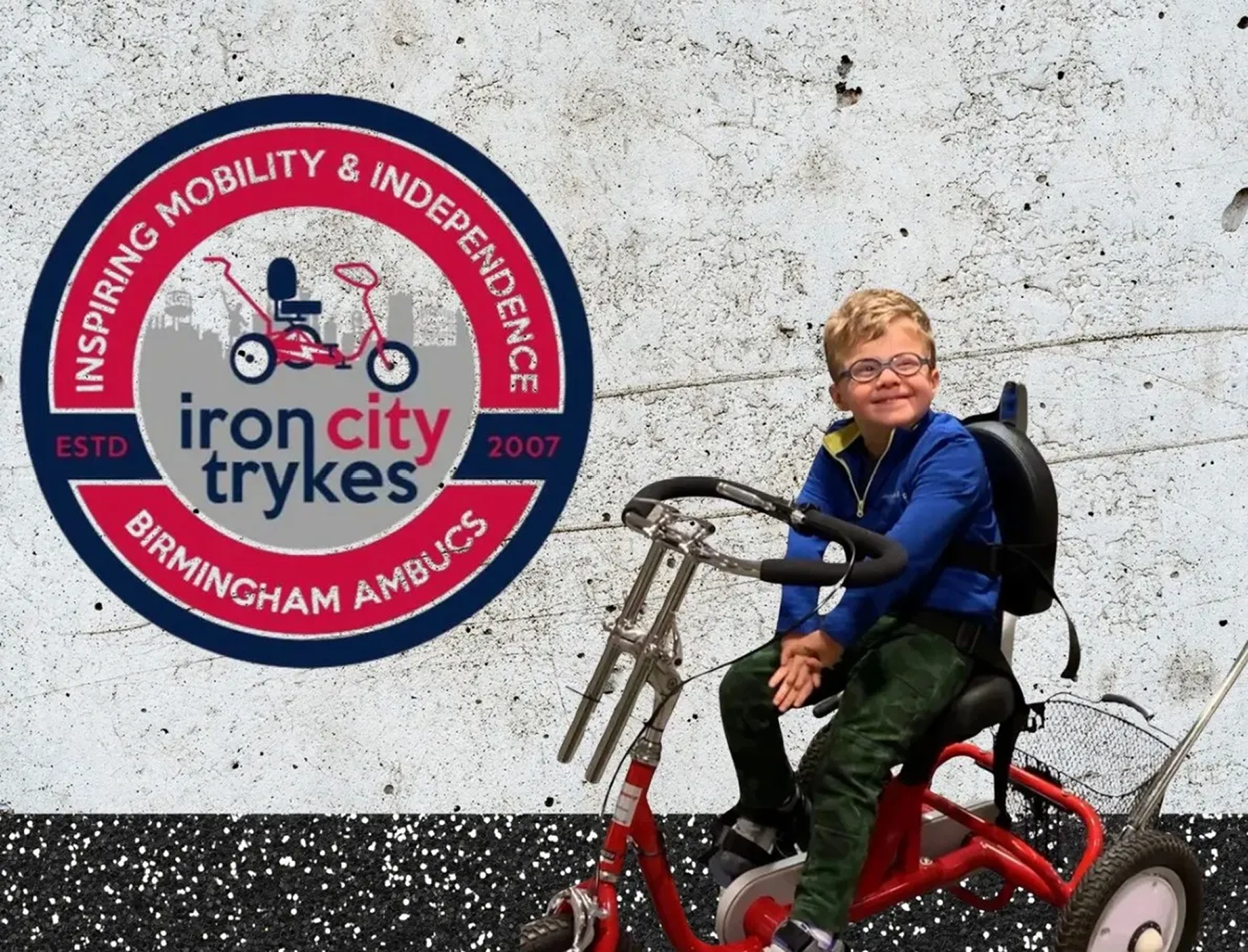
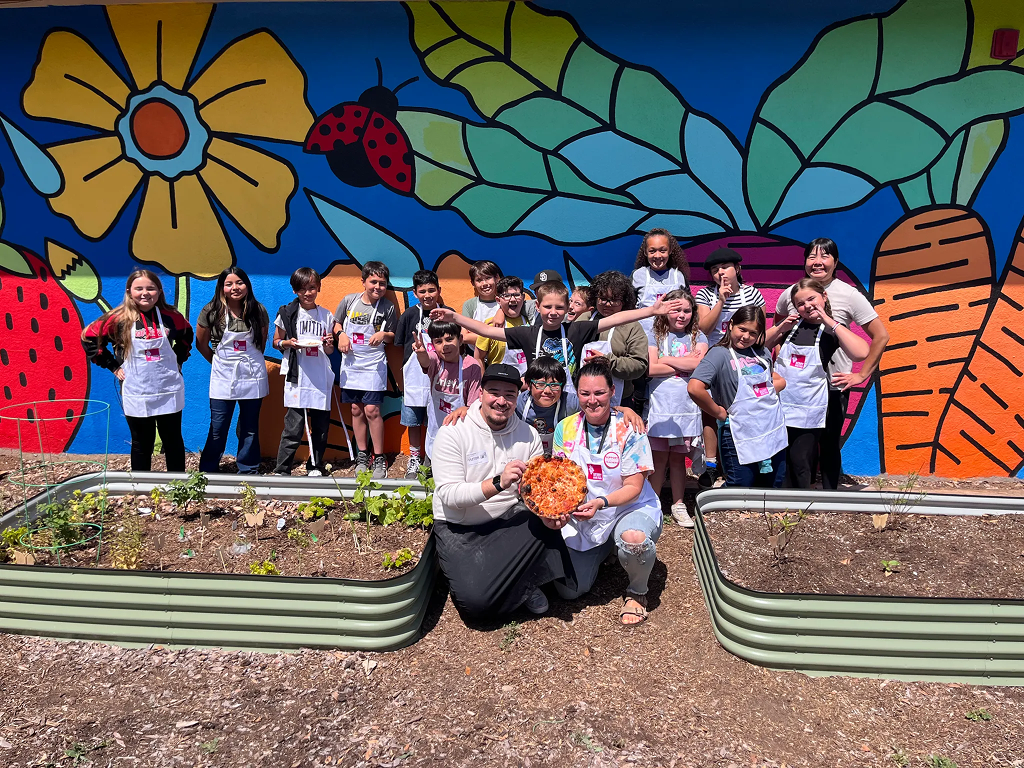
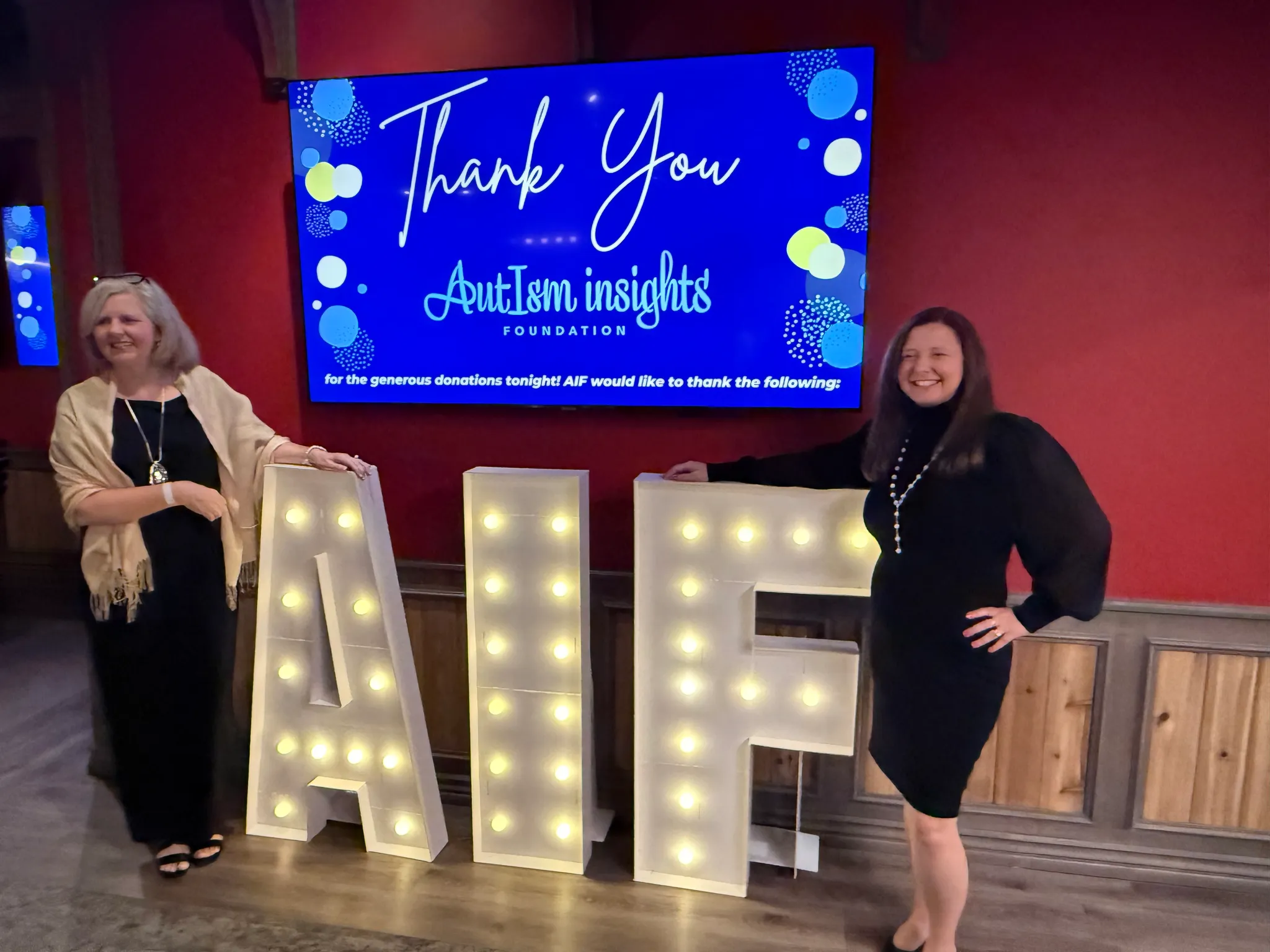


.webp)



